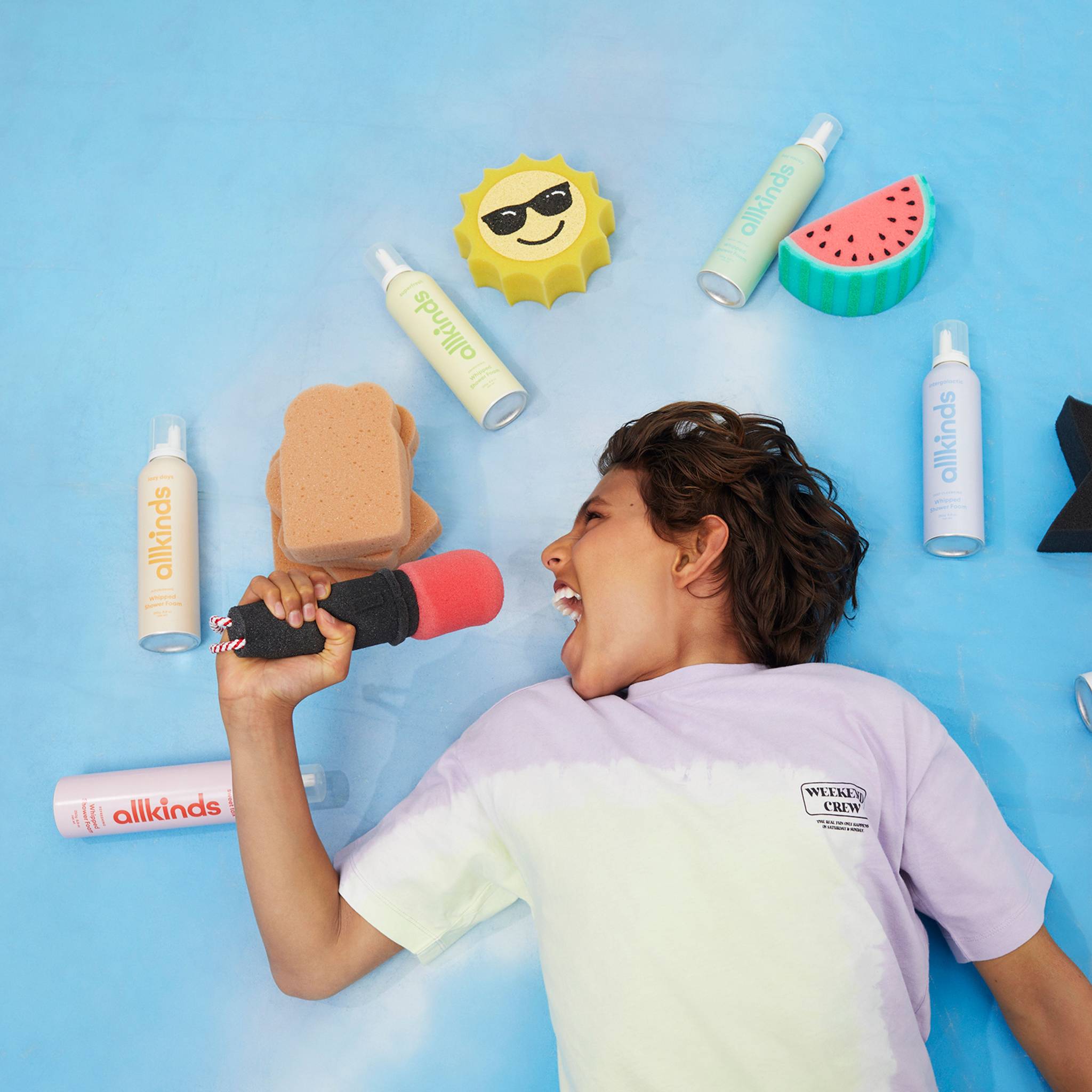
From Gen Y and Z turning to ‘little treats’ in a turbulent economy to Americans changing their shopping habits and Latin Americans searching for convenient e-commerce, brands are tackling modern shopping needs head-on. Here are the top ten insights and behavioural shifts that got us talking in July.
💕 Gen Y and Z turn to ‘little treats’ - financial worries among Gens Y and Z are leading many of them to indulge in small purchases for a daily dose of escapism, self-care, and rejection of hustle culture – all part of a delayed gratification strategy. This approach to consumption is being reflected on TikTok via 'little treats' posts.
🛍 Americans' shopping habits are changing - many Americans are more likely to pay attention to online ads featuring people who reflect their style, interests, or physical appearance. As social media and diverse representation play a part in changing shopping habits, standing out in the minds of consumers means catering to a unique set of social and cultural needs.
👀 Audiences relate to viral meme content - Meme marketing is increasingly common – but more often than not, brands’ efforts fall flat as they fail to accurately decipher people’s behaviours online. Beyond authenticity, speaking to specific audiences through intentional memetics can be an effective way to foster deeper brand engagement.
💤 Trend followers want to slow down - the 'Tomato Girl' trend on TikTok puts a focus on slow living and relaxation. Not only does it demonstrate the social media platform’s role in influencing everything from lifestyle to fashion, but it highlights how brands can help people search for solace and relief via consumption.
‼️ Gen Z rethinks career ambition - Gen Zers have been labelled lazy by the corporate world because their ambition looks different from their predecessors in the workplace. Further inspection of their work ethic shows that it extends beyond their nine-to-five, so by boosting their entrepreneurial spirit employers can help them achieve their career goals on their terms.
🫶🏼 Eldest daughters seek safe spaces - as family dynamics shift in line with modern lifestyles, firstborn females are doing the brunt of the work at home. The hashtag #EldestDaughterSyndrome has cultivated a safe space for women and adolescent girls to express their grievances, and intentional communities that support eldest daughters are allowing them to tackle the unique challenges they face.
📱 Digital fandoms celebrate queer slang - terms like ‘mother’, ‘daddy’, or ‘babygirl’ have become mainstream among young, online fans, and are used to categorise stars and popular characters. But brands must understand how the language is used and its origins in LGBTQ+ and BIPOC culture to considerately tep into this linguistic trend.
🌎 Gen Alpha present their worldview - Recess Therapy is a web series featuring interviews with young New Yorkers, giving viewers a light-hearted insight into the perspectives of children on current issues. With many people experiencing information burnout, alternative media can offer audiences hopeful narratives on tough and topical world events.
💻 Latin Americans want convenient e-commerce - Latin America is one of the global leaders in e-commerce growth, fueled by an increasingly engaged online population looking for convenience. As tech in the region develops, brands can boost financial literacy that’ll help urban and rural communities keep up in an increasingly digitalised society.
✨ Social media users want convenience and community - with over 30 million sign-ups just 24 hours after launching, Threads has become a serious challenger in the social media space. Just as people adopt distinct personalities on different platforms, they're expecting brands to adopt different approaches depending on where they’re interacting with users.



